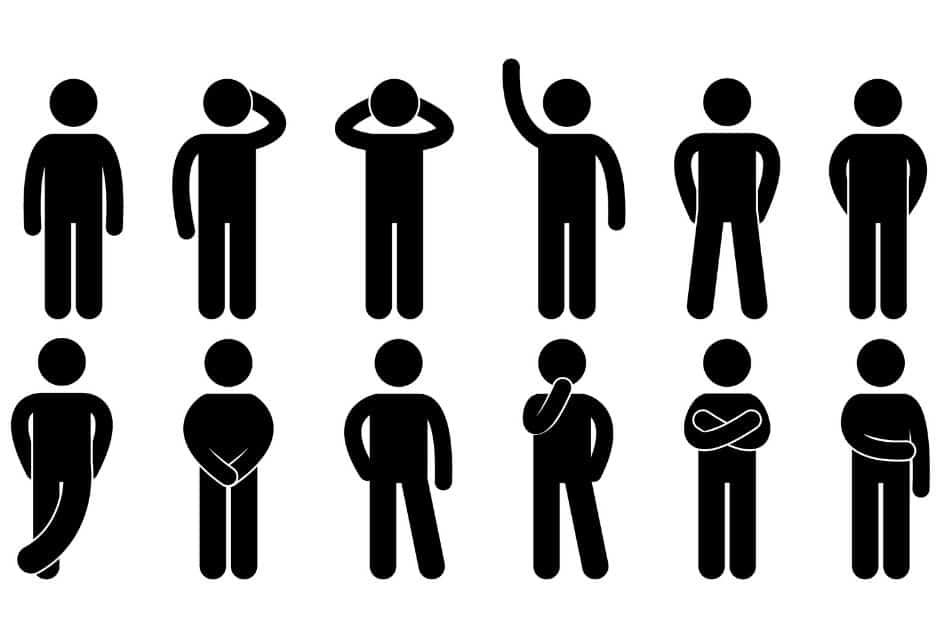The Silent Sabotage: How Your Body Language is Hurting Your Negotiations
Negotiations are a delicate dance, where words often take center stage. But what many fail to realize is that the unspoken language of the body can be just as impactful, if not more so, in determining the outcome. Your body language, whether you're aware of it or not, can either bolster your position or sabotage your efforts. In this blog post, we'll delve into the subtle yet potent ways your body language can hurt your negotiations.
The Power of First Impressions: The saying "You never get a second chance to make a first impression" rings true in negotiations as well. The initial moments of a negotiation are crucial, as they set the tone for the entire process. Entering a negotiation with slouched shoulders, avoiding eye contact, or offering a limp handshake can convey a lack of confidence and undermine your credibility from the start.
Lack of Confidence: Confidence is key in negotiations. However, poor body language choices like fidgeting, playing with hair, or shifting uncomfortably in your seat can indicate nervousness or insecurity. These signs can give the other party the upper hand, making them more likely to push for concessions or take a hard stance.
Miscommunication and Mistrust: Effective communication goes beyond words—it involves nonverbal cues too. Crossing your arms, a common body language signal, can send a message of defensiveness or closed-mindedness, hindering open dialogue. Likewise, avoiding eye contact can be interpreted as dishonesty or lack of interest in the conversation, eroding trust between parties.
Dominance vs. Collaboration: Negotiations can sometimes devolve into power struggles. If your body language leans towards dominance—leaning over the table, pointing fingers, or interrupting—you risk alienating the other party. Negotiations should ideally be a collaborative effort, and aggressive body language can hinder productive discussion.
Emotional Control: Negotiations can stir emotions, and your body language can inadvertently reveal your feelings. Failing to maintain a neutral facial expression or showing signs of frustration, impatience, or anger can signal vulnerability. Skilled negotiators often use such emotional cues to their advantage, knowing that an emotional opponent may be more willing to make concessions.
Listening Skills: Active listening is a fundamental negotiation skill. However, poor body language choices such as checking your phone, looking around the room, or tapping your fingers can suggest disinterest in the conversation or disrespect towards the other party's perspective. This can lead to missed opportunities for finding common ground.
Overcompensation: While confident body language is crucial, overcompensating by adopting overly assertive gestures, invading personal space, or using excessive hand movements can come across as insincere or aggressive. Striking the right balance between confidence and respect is key to successful negotiations.
In the realm of negotiations, words are only part of the equation. Your body language can either be a powerful ally or a formidable foe. Understanding the impact of nonverbal cues is essential for achieving successful outcomes. By being mindful of your body language, practicing active listening, and striving for a balance between confidence and collaboration, you can navigate negotiations with greater finesse and effectiveness. Remember, the unspoken language can speak volumes, so let your body language enhance your negotiations rather than hinder them.

Comments
Post a Comment